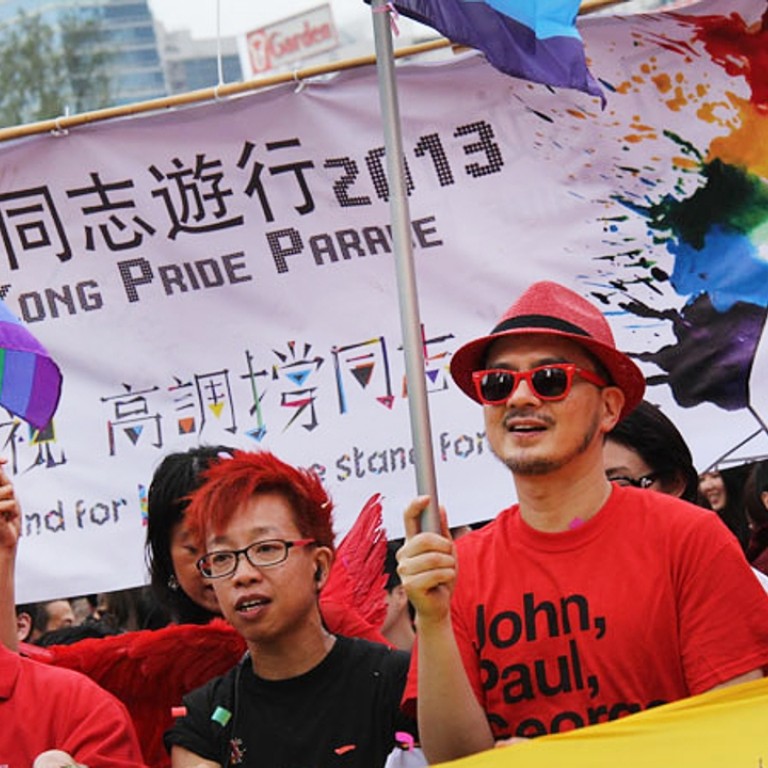
Time to get serious about anti-discrimination legislation
The issue of legal protection for sexual minorities will not simply go away. The sooner it is tackled, the better
Public support is arguably the prerequisite for any government policy or legislation. The previous administration was said to have a tacit threshold of 60 per cent support to launch any new initiative. If the benchmark is still observed by the current government, a rethink on legislation to protect sexual minorities appears to be warranted.
In a survey by the Equal Opportunities Commission, 55.7 per cent of respondents were in favour of an anti-discrimination law. The figure in the 18-24 age group reached 91.8 per cent. While the overall support cannot be considered as overwhelming, the surge from 29.7 per cent 10 years ago speaks volumes for the changing attitudes in society. Even the religious sector appears to be not as critical as it seems. Nearly half of respondents with religious beliefs backed such a law, according to the watchdog.
It has to be asked why resistance to outlawing discrimination on the grounds of sexual orientation, gender identity and intersex status is still relatively strong among certain quarters. A Christian group leader even said a consultation would intensify confrontation. People who find same sex relationships unacceptable, be it for religious reasons or other beliefs, are entitled to their views. But some of the reasons are so biased that they actually lend support to the idea of speeding up legislation. Earlier, a government-appointed panel on eliminating discrimination against sexual minorities had shied away from recommending legislation. Credit goes to the commission for filling the gap with a 243-page study. The question is no longer to legislate or not, but how to, according to commission chief York Chow Yat-ngok. This is easier said than done. The survey showed that close to 40 per cent of people still objected to legislation. Public resistance cannot be ignored.
With only 17 months remaining in the current term, Chief Executive Leung Chun-ying is unlikely to put the proposed legislation high on his agenda. But the issue will not simply go away. The sooner it is tackled, the better.

